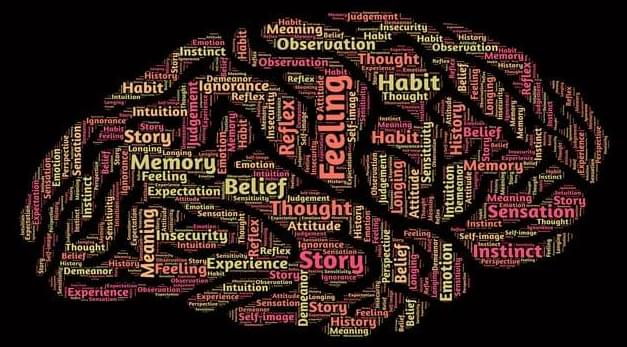Sep 10, 2024
Microsoft-led Team Achieves Record for Reliable Logical Qubits in Quantum Computing
Posted by Paul Battista in categories: computing, quantum physics
According to Zander, the company’s recent work builds on a blockbuster advance that Microsoft and Quantinuum announced in the spring.
Zander writes: “In April, we announced that we’re entering the next phase for solving meaningful problems with reliable quantum computers by demonstrating the most reliable logical qubits with an error rate 800x better than physical qubits.” He adds, “In less than six months, our improved qubit-virtualization system tripled reliable logical qubit counts.”
The advance goes to the heart of a primary challenge in quantum computing today: the unreliability of physical qubits, which are prone to errors due to their highly sensitive nature. Microsoft addressed this issue by creating logical qubits, which are collections of physical qubits working together to correct errors and maintain coherence.


















